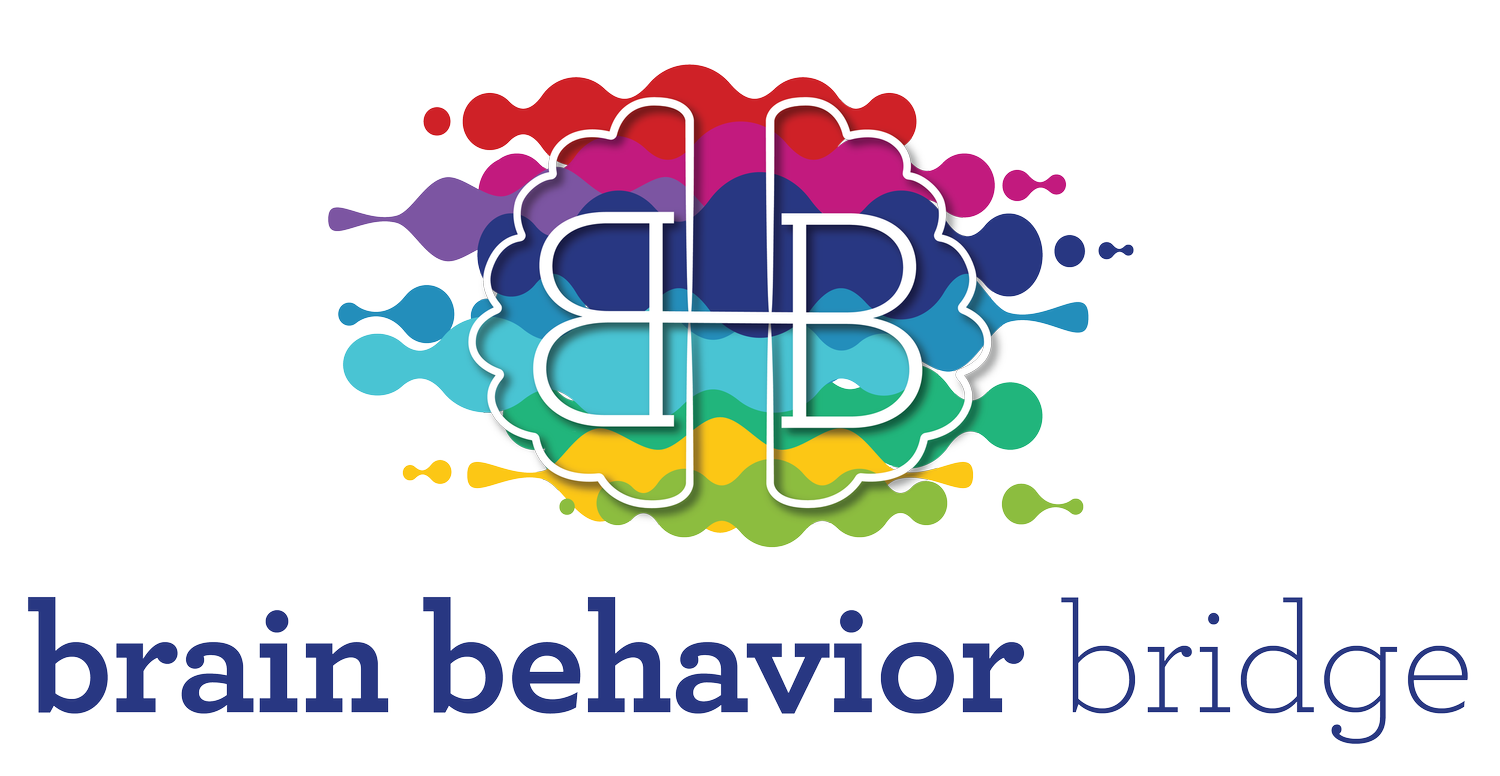Educational Game Ideas
I can almost see you standing in the toy aisle wondering what kind of games are educational and engaging for your child. I know, ‘cause I’ve been there. Here are some ideas to get you started.
Turn-taking games
Turn-taking games such as board games, card games, and even video games teach our children control skills. When a child is required to wait and allow another person to play, they practice holding back a response (especially an inappropriate response). You wouldn't want your child to blurt out the first thing that comes to their mind, now do you? 😅 This is a method of behavioral control called inhibition.
Guessing & strategy games
Guessing and strategy games including Clue®, puzzles, Chess, Checkers, Mancala, Uno®, and Battleship® teach our kids problem solving skills. Problem solving is a whole brain activity, so your kids get a big bang for your buck! Problem solving is a very important aspect of kids’ learning and development as they practice using what they’ve learned to answer questions or find solutions.
Think fast games
Think fast games include Family Feud®, Bop It!®, Catch Phrase®, and Simon®-like games. When kids are required to think quickly, they work toward improving their processing speed. This is an activity that strengthens the front of their brain along with building neural connections between their learning and memory centers. It also enhances their attention and concentration.
Motor games
Motor games can improve fine and gross motor skills. K’nex®, Legos® and Operation® work fine motor skills while physical games such as soccer, basketball, and lacrosse build gross motor skills. Fine motor control relates to thinking skills and gross motor skills build coordination. They also promote movement and exercise, both of which have been shows to cleanse the brain, reduce stress, and improve our thinking!
Dress up/job practice games
Dress up/job practice games including toys like gardening sets, cooking sets, and tool sets encourage imagination, creativity, and social skills. When kids imitate, it is a sign that they’re absorbing information from their world. This skill assists with the development of empathy, which is used when understanding how others feel and act. Kids also learn about how to interact through imaginative play. As kids act out different scenarios through their play, they build important social and emotional pathways in their brain.
